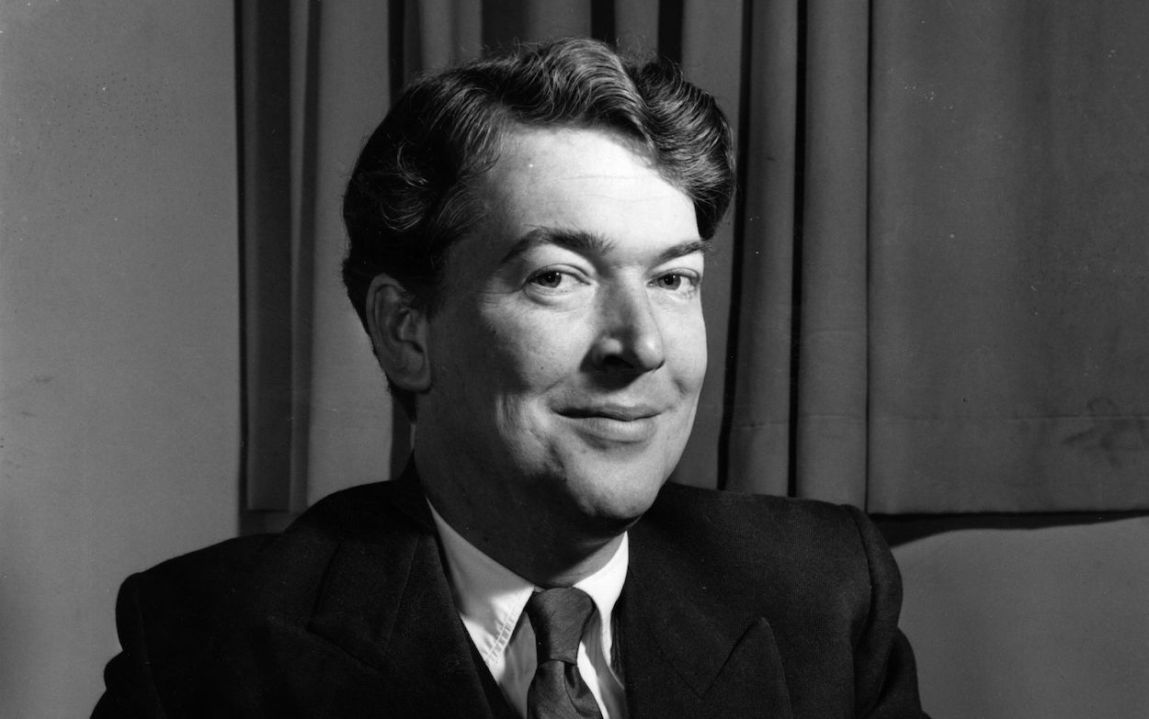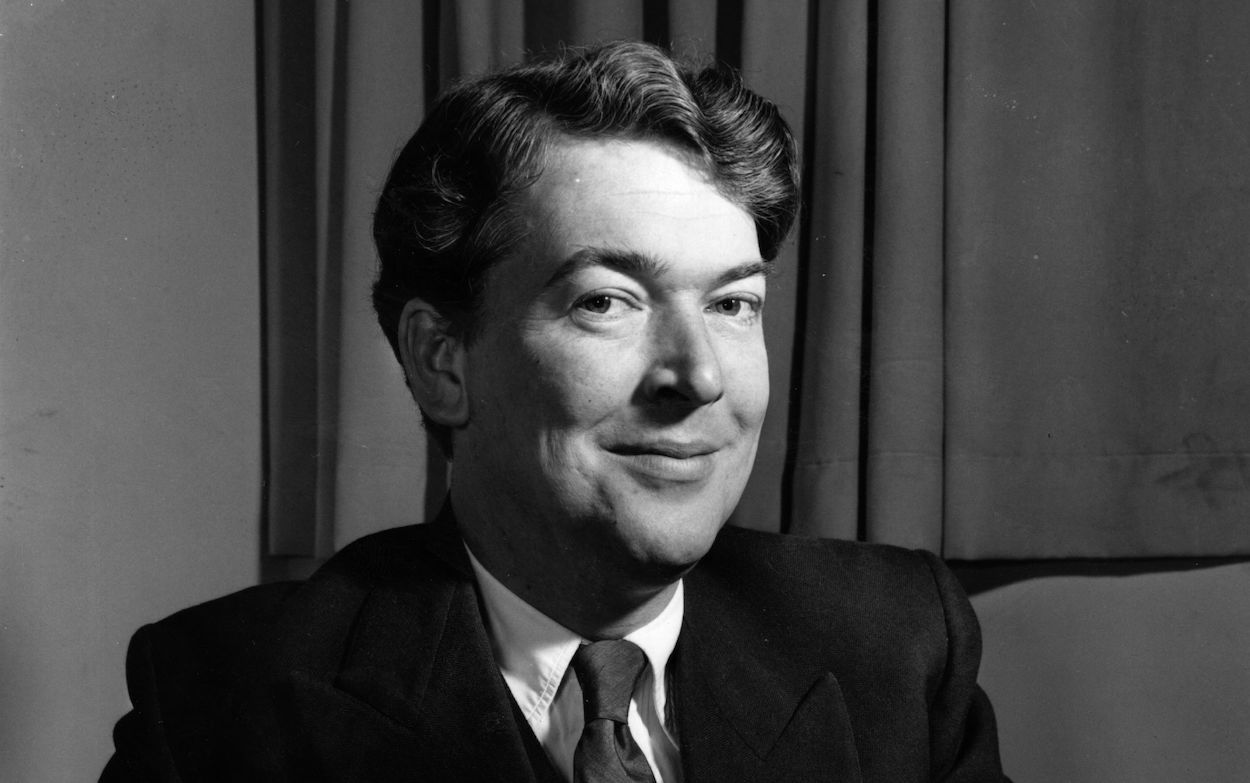Coleridge defined poetry as the best words in the best order and at no stage did he ever suggest that being light-hearted in verse is any less worthy than the solemnest offerings of Milton or of his old pal Wordsworth. Nevertheless, there is a feeling among many who take their art seriously that anything in verse form liable to raise a good natured smile is somehow not the real thing, no matter how well it is executed and however perfectly it conforms with rhyme and metre.
Since the earliest days of the quill pen, some our greatest poets have deliberately used humour to enlighten, inform and indeed entertain their readers
And yet since the earliest days of the quill pen, some our greatest poets have deliberately used humour to enlighten, inform and indeed entertain their readers. OK, so there aren’t many laughs in Beowulf, and I don’t remember giving silent thanks to the anonymous author of Sir Gawain and The Green Knight for raising anything much more than yet another sigh as I head for the umpteenth time to the glossary at the back of my well-foxed Oxford edition.
Shakespeare can also prove quite hard-going for theatregoers and students alike, yet who could fail to be amused by some of his songs, such as the tale of the lover and his lass from ‘As You Like It’ and his descriptions of Marian’s red, raw nose, and greasy Joan keeling the pot in the winter song at the end of ‘Love’s Labour’s Lost’?
Anyone who harbours doubts about the art and practice of wit and humour in poetry need look no further than The New Oxford Book of Light Verse, chosen and edited by Kingsley Amis in 1978. His contents pages run to a good dozen and contain not only names one might expect to find there – Edward Lear, Lewis Carroll, W.S.Gilbert, John Betjeman and Alan Bennett – but many who on the face of it might seem thoroughly out of place in such a gathering: Samuel Wesley, Robert Browning, Thomas Hardy, and A.E. Houseman.
Striking among the less obvious names is that of W.H. Auden in whose poem ‘Letter to Byron’ he tips a humble cap to ‘la poésie pure’ and ‘epic narrative…’
But comedy shall get its round of claps, too.
According to his powers, each may give;
Only on varied diets can we live.
The pious fable and the dirty story
Share in the total literary glory.
But much as he would wish to find a lighter touch amid the poetic heavyweights, he is only too conscious of the scant regard in which humour is widely held by serious minded readers. With rare exceptions.
Light verse, poor girl, is under a sad weather;
Except by Milne and persons of that kind
She’s treated as démodé altogether.
It’s strange and very unjust to my mind.
Milne himself was all too aware of the many noses that looked down on light verse in his day, reminding them that it is not ‘the output of poets at play, but of light verse writers at the hardest and most severely technical work known to authorship. From time to time, anthologies of light verse are produced. The trouble with most of them is that, even if they have an understanding of their subject, secretly they are a little ashamed of it.’
Amis’s was a notable exception, and those of us who have tried our hands at writing light-hearted verse hoping, in the words of the ever entertaining Mr Pope, ‘to wake the soul by tender strokes of art,’ feel very strongly that, at our best, we say everything that we want to say about love, or childhood, or loss, or old age, as well as anyone who chooses to take a more serious line.
Far be it from me to describe pastiche as poetry, let alone art, but I’d like to think that by making use of Milne’s familiar rhythms and rhyme schemes, ‘Now We Are Sixty’ offers readers some characters, thoughts and anecdotes which may amuse and, who knows, even inspire a few.
All I know for certain is that trying to match the scansion, the rhyming and the styles of the original required a great deal of work, and that the resulting half dozen collections, based on the poetry of equally well-known poets were, and with luck still are, to be found sitting happily in the Poetry sections of bookshops alongside Seamus Heaney and the Poet Laureate.
Peter Porter once said, ‘All good poetry has something light about it,’ which doesn’t mean it has to be jokey. Just good. This famous fable by Hilaire Belloc has it all: it’s short, it’s witty, and it’s wise.
Lord Finchley tried to mend the Electric Light
Himself. It struck him dead: And serve him right!
It is the business of the wealthy man
To give employment to the artisan.
And as long as any anthology such as Amis’s can happily embrace such names as Southey, Browning, Samuel Wesley and T.S. Eliot, then light-hearted verse has nothing to be ashamed of.







Comments